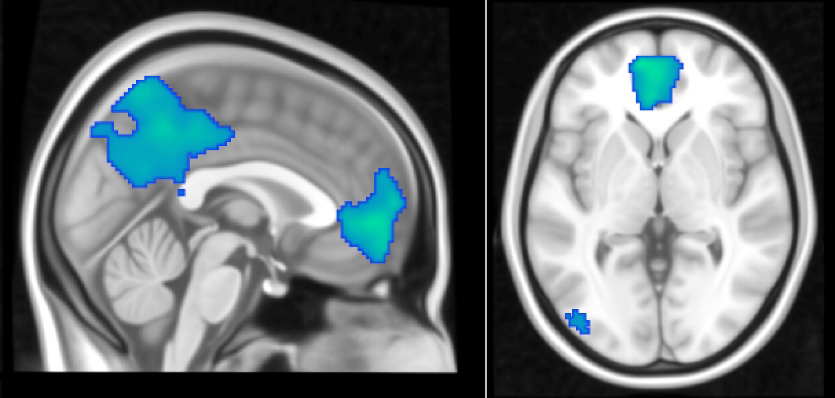
Researchers from the University of Granada have analysed the changes that occur in the default mode network of the brain as a result of musical training throughout life, establishing that these changes could entail better decision-making and problem-solving skills. This significant study is the first of its kind in the world to date.
According to the research, musicians have higher neural connectivity than non-musicians in the default mode network, the nodes of which play a key role in higher cognitive processes.
Scientists from the Mind, Brain and Behaviour Research Centre (CIMCYC) and the Department of History and Music Science analysed the plastic changes caused in the default mode network by long-term musical training. This network is considered the network par excellence of the brain resting state.
142 participants from several institutions such as the “Victoria Eugenia” Royal Conservatory of Music in Granada, the Conservatory of Music in Málaga, and the Bachelor's Degree in the History and Science of Music of the UGR, among others, took part in the study. The group consisted of musicians who had received formal musical training for a period of at least ten years, during which time they had learnt to play an instrument.
Magnetic resonance imaging and a range of neuropsychological tests were conducted on all participants, as well as a behavioural test, a hearing test, and also a laterality test to determine if they were left or right-handed.
Thanks to these tests, the researchers were able to determine that musicians have higher neural connectivity than non-musicians in the default mode network, the interconnected brain system where specific nodes give rise to higher cognitive processes. Higher cognitive processes refer to activities requiring major brain activity such as, for example, taking important decisions or solving daily problems.
The main author of the study, Miriam Albusac Jorge, whose work was jointly supervised by Francisco J. Giménez Rodríguez and Miguel Pérez García, explains that these higher cognitive processes “are the most complex tasks performed by the brain since they require multiple brain interactions.”
Until now, the effects of musical training on this specific brain area — the default mode network — had not yet been studied“although studies on other resting state networks such as the hearing system and the motor network have been conducted”.
Bibliographic reference:
Albusac-Jorge, Miriam. (2017). Music and default mode network: Functional and structural changes (doctoral thesis). University of Granada. Granada.



VIDEO
A report by the Communications Management Office about this research is available via the following link: http://sl.ugr.es/09UG
Contact information:
Miriam Albusac Jorge
Department of History and Music Science of the University of Granada
Email: @email



